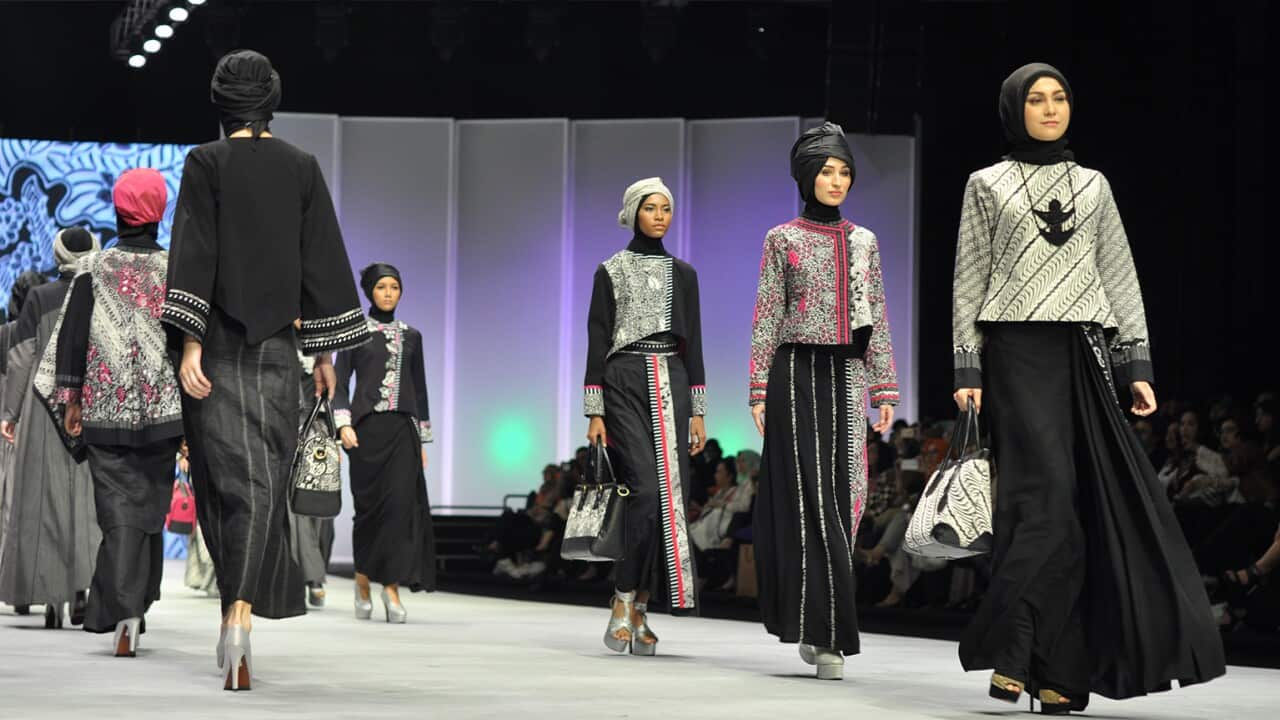When Hana* tearfully confided in me that she felt like she was born ‘damaged’, I instinctually tried to comfort her by saying, ‘No, you’re not! Don’t think that!’
Hana is in her early-20s. She migrated to Sydney from Malaysia in her teens. Hana explained to me she believes she was born with a ‘broken’ sexuality.
She views her attraction to other women as a test of faith that must be resisted.
Other lesbian Muslim women, by contrast, celebrate their sexuality and some believe that sexual diversity is actually a test for heterosexual Muslims.
Rafeeqa*, for example, believes homophobic Muslims who treat LGBTIQ people unkindly will face divine judgement.
While Hana prayed for guidance in understanding how to reconcile her sexuality and faith, Rafeeqa embraced both and found peace.
Rafeeqa, a 24-year-old Sydney-born daughter of Pakistani migrants remains strongly connected to her faith despite her family’s objections to homosexuality.
“Of the 114 verses in the Qur’an, almost every single one begins with the words, 'In the name of God, Most Kind, Most Merciful.' As Muslims, we’re meant to likewise be kind and merciful and nobody is going to convince me that homophobia fits in with this,” she said.
I met both Hana and Rafeeqa, during the course of my PhD research project that explored moral diversity among Muslim communities in Sydney and Singapore.
As an anthropologist, I have spent the last five years developing relationships with research participants that are built on reciprocal trust.
This approach allows me to document the sometimes painful experiences of Muslims who live on the spiritual fringes of their communities and observe how they live their faith in everyday contexts.
Although my research includes both male, female and gender diverse Muslims of various sexualities, lesbian Muslims in particular experience unique challenges.
Rafeeqa says within her Pakistani family, young women have less freedom than men to spend time alone with friends, live on their own or choose when to marry.
If she were a gay man instead of a lesbian woman, Rafeeqa believes that engaging in a discreet same-sex relationship while managing the expectations of her family would be easier.
Neither Rafeeqa nor Hana have disclosed their sexuality to their families and both face pressure to marry men.
Hana bears an additional burden of frustration over believing that same-sex relationships are sinful while being simultaneously unable to change her own sexuality.
“I feel invisible because I can’t express myself, how I feel, or who I love without needing to defend and explain myself. So, I just keep quiet and unseen,” she said.
“I worry that I’ll always be lonely and a bit of an outcast,” she said.
Loneliness is something both Rafeeqa and Hana contend with.
While Hana prayed for guidance in understanding how to reconcile her sexuality and faith, Rafeeqa embraced both and found peace.
For Rafeeqa, however, acceptance came with its own complications.
“I feel invisible because I can’t express myself, how I feel, or who I love without needing to defend and explain myself. So, I just keep quiet and unseen,” she said.
Like many participants in my research, Rafeeqa felt alienated both from Muslim communities that would not accept her as a lesbian and from queer communities that would not accept her as a Muslim.
In Sydney, Islamophobia plays a key role in experiences of alienation among LGBTIQ research participants.
Among queer communities, Islamophobia shapes pervasive beliefs that LGBTIQ Muslims must renounce Islam and ‘come out’ in order to live an authentic, happy life.
I worry that I’ll always be lonely and a bit of an outcast.
In Muslim communities, experiences of Islamophobia encourage a battle of values that pit simplified and increasingly narrow understandings of ‘Muslimness’ against equally stereotyped notions of ‘Westernness.’
These polarised positions tend to dominate public discussion of Muslim communities in Western contexts.
Both Muslims and non-Muslims often ignore examples of Muslim diversity, such as LGBTIQ Muslims who cherish their faith, or dismiss them as being somehow less authentically ‘Muslim’.
There are many ways of being Muslim and there is diversity among LGBTIQ Muslims too.
Some, such as Hana, believe that same-sex intimacy is sinful despite being homosexual themselves.
Others, such as Rafeeqa, point out that there is no punishment for homosexuality in the Qur’an, the primary canonical text of Islam, and conclude that it is not sinful.
As an anthropologist, I document this diversity and respect it.
When Hana lamented her ‘broken’ sexuality early in our friendship, I instinctively tried to comfort her through contradicting her.
A better approach, as I would discover, would be to simply listen.
My research shows that few listen to LGBTIQ Muslims in Sydney without trying to alter them, yet this is changing.
Local group Sydney Queer Muslims, for example, provides not only support, but perhaps even more crucially, a place to be heard.
These vital communities and places of belonging where queer Muslims can be fully and safely themselves are an essential part of developing the self-confidence and positive mental health needed to thrive.
* Names have both been changed to protect the research participant's identities.
Siobhan Irving is a PhD candidate at Macquarie University’s Department of Anthropology. She is also an executive committee member of Sydney Queer Muslims where she uses her research to help shape programs to meet the needs of LGBTIQ Muslims.
What does it mean to be a Muslim in modern Australia? Ten Australian Muslims from diverse backgrounds move in to a house for eight days.
Through honest dialogue and passionate debate, the group reveals what it is to be an Australian Muslim today.




